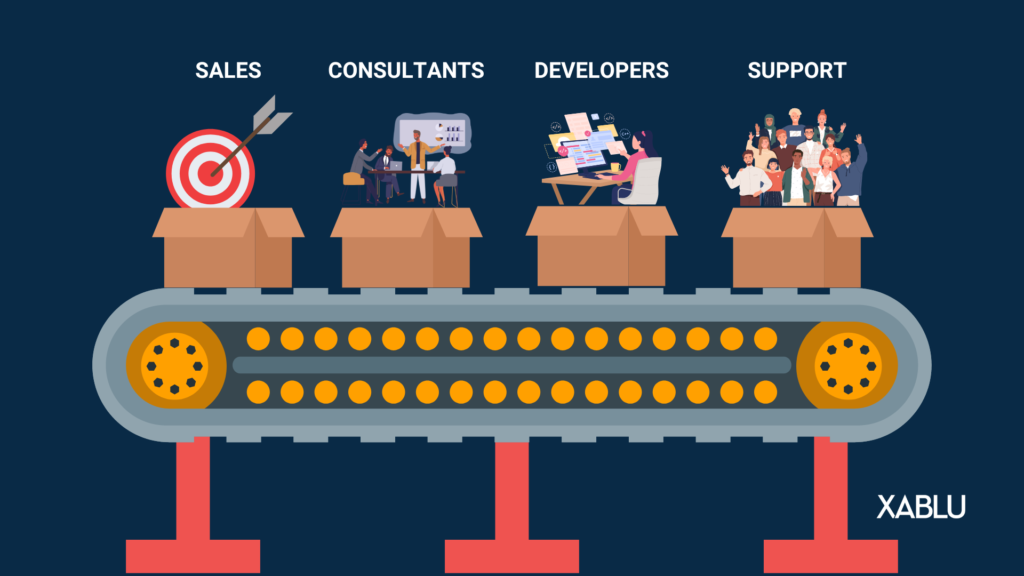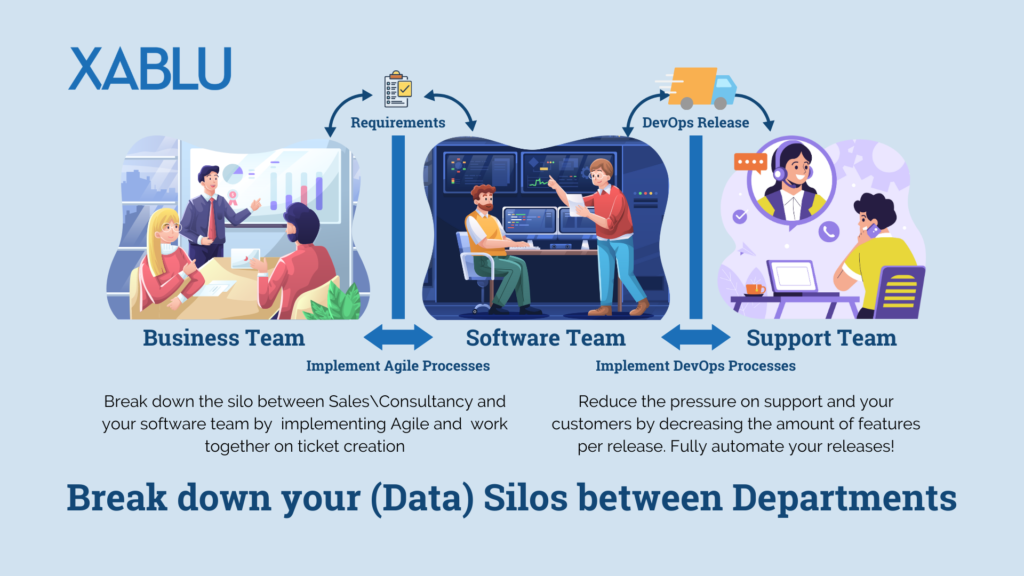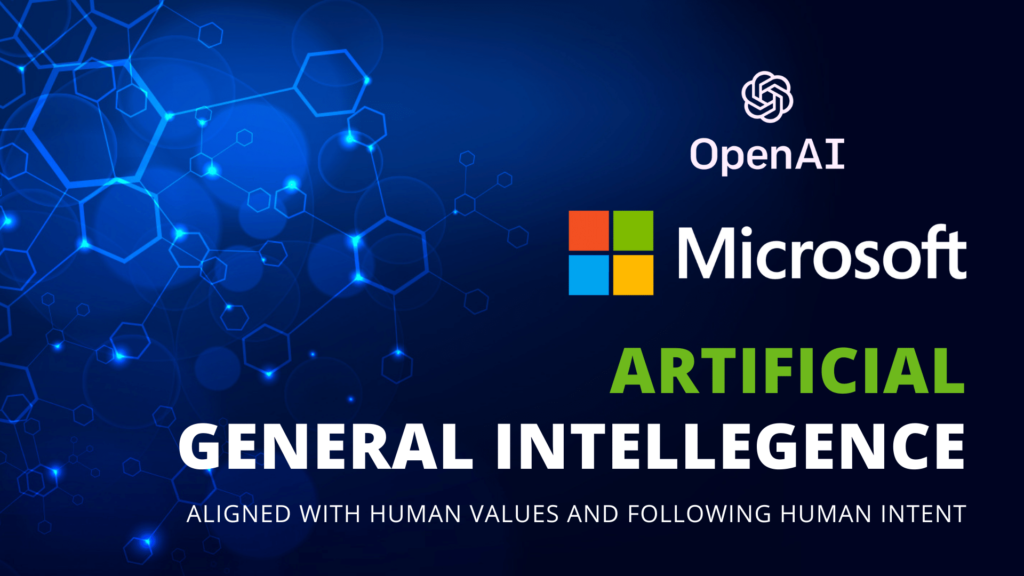Ditch the MVP: Achieving Success with the Smallest Successful Release

Discover why the traditional MVP approach might not be the best strategy for established organizations. At Xablu, we advocate for the “Smallest Successful Release” (SSR), a strategy that balances minimalism with functionality to deliver significant value and a comfortable user experience.
Aligning Software Product Management with the EU Digital Single Market Opportunities
Explore how software product managers can navigate the complexities of the EU Digital Single Market by integrating key frameworks such as eIDAS, euID, and EBSI into their development strategies.
Ensuring Your Investment in Software Development Delivers Maximum Value

How can you ensure that your investment is not only secure but also efficiently driving maximum returns? At Xablu, we guide software organizations to adopt an operating model that directly connects business objectives with measurable software development outcomes, ensuring your funds are put to optimal use.
Paving the Path to Success: Choosing Between Investor Validation and User Experience

In Paving the Path to Success, we dissect the pivotal choice between investor validation and user experience research, and how this decision shapes OKRs, drives operational excellence, and aligns with the goals of software development teams. It highlights the importance of real-world insights, contrasting investor-driven approaches such as Shark Tank experiences with in-depth UX studies. The blog highlights how it set goals, focusing on market viability, financial growth and customer satisfaction, to ultimately lead teams to
Managing Software Development: From Performance Art to Operational Excellence

In this insightful exploration of software development management, we delve into the transformative journey from mere ‘performance art’—where structure exists in name only—to achieving operational excellence. Discover how the strategic integration of Objectives and Key Results (OKRs) with Agile methodologies can revolutionize team dynamics, clarify goals, and enhance overall efficiency. This piece offers valuable perspectives for IT leaders and teams aiming to refine their approach and align their efforts with clear, actionable objectives.
Maximize Your Mobile App’s Potential with .NET MAUI: A Migration Guide

Embark on a transition from Xamarin to .NET MAUI with our guide. This covers key migration steps, tackles common obstacles, and weaves in effective DevOps strategies for a streamlined process. Gain valuable insights from experts, and utilize Microsoft’s official resources coupled with Xablu’s specialized services to ensure a flawless shift. Ideal for developers eager to enhance their mobile app’s capabilities in the dynamic .NET MAUI environment, this guide is a roadmap to leveraging .NET MAUI’s advanced features and achieving superior app performance. Equip yourself with this guide to navigate the complexities of migration with confidence.
Agile Cooperation between Business & IT

Agile Cooperation is a critical aspect of the Agile software development process, emphasizing the importance of close collaboration and communication between different departments, such as business stakeholders, developers, and operations. This principle, often ignored in practice, aims to break down silos and facilitate effective teamwork to deliver value to the customer in a predictable and repeatable way. To start small with Agile Cooperation, technical and business teams should come together to define their shared vision and goals, and regular meetings can help build trust and facilitate teamwork.
The Importance of Communication and Collaboration for Successful Software Development

Breaking down organizational silos and promoting cross-team collaboration is essential for the success of any business. In this blog post, we explore key strategies for addressing silo mentality in leadership, centralizing cross-team collaboration, balancing extrinsic and intrinsic incentives, and aligning team goals with company goals. Discover practical tips for fostering a culture of communication, collaboration, and accountability, and learn how to ensure your teams are working together towards a common goal.
Building Responsible AI: Microsoft and OpenAI’s Approaches to Alignment

As artificial intelligence (AI) becomes more integrated into our daily lives, the need for responsible and trustworthy AI systems becomes increasingly important. In their quest to develop such systems, both Microsoft and OpenAI have outlined their approaches to responsible AI development. Microsoft recently shared its Responsible AI Standard, a framework to guide the development of AI systems, while OpenAI takes an empirical and iterative approach to aligning AI with human values. In this blog post, we will take a closer look at both companies’ approaches and how they can serve as valuable resources for software teams looking to implement responsible AI in their own work.
